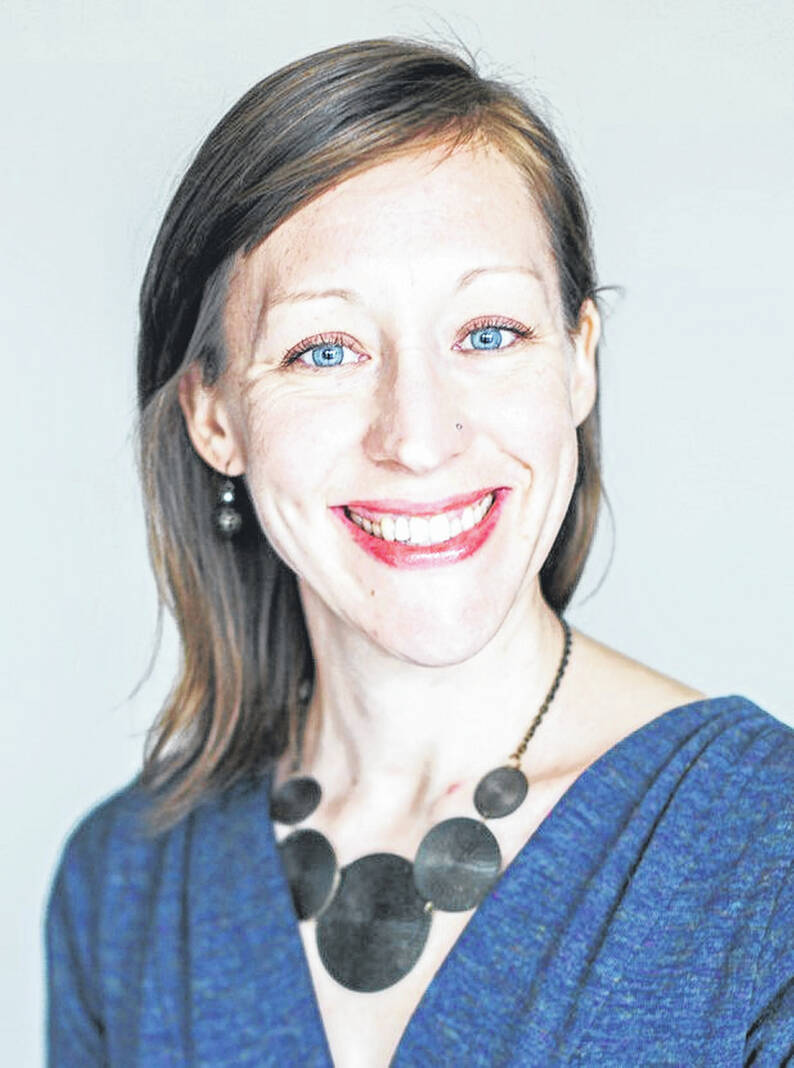
Once again it’s my turn to write this column on an election week. While our nation rightly relies on a healthy separation between church and state, it is unhealthy for individuals to have separation between our faith and politics. The question is, which will inform the other. Will we allow our faith to shape our political choices, or will we allow our politics to shape our faith? Are we Christians who vote or are we adherents of a political party who also happen to be Christian? I think the main difference between those two is in how we treat those who think and vote differently from us.
The Bible is a massively complex compilation of myth, poetry, practical wisdom, history (biased as all “history” is), social commentary, letters, and gospels (a genre that exists only in the Bible). Its guidance does not map neatly on to our 21st century Heartland of America lives. It does not tell us how to vote on each issue. The values of Jesus are not fully incarnated in any political party. Jesus doesn’t tell us how to vote. But he sure does tell us how to be in relationship with people who vote the other way from us.
Jesus listens. Jesus engages by asking questions. Jesus has face-to-face conversations with people who disagree with him and who don’t like him. Jesus tells stories. Jesus affirms God’s blessing on peacemakers. Jesus insists that we forgive each other. Jesus commands us to be the one who initiates reconciliation (Matthew 5:23-24).
Yes, Jesus gets mad. Yes, Jesus tells hard truth. Yes, Jesus advocates for the marginalized. But remember, you’re not Jesus. And certainly neither am I. We do not have the luxury of being assured that we are right, that God is on our side, in every situation and argument. Smart people who sincerely love Jesus and seek to follow him are still going to disagree on really important issues. And in that moment we have to decide how to treat each other.
Social media makes it easy to judge people based on how they post about issues and “unfriend” the people we don’t agree with. There are two big problems with this. 1. It creates an echo chamber for us in which we only ever hear from people who agree with us. Echo chambers stunt our growth. No one grows spiritually or intellectually in a space where they are never challenged. 2. It neutralizes any opportunity we might have to change someone’s mind. I want to change the minds of people who disagree with me, and I know you do, too. But we can’t do that if we unfriend them, especially if we unfriend them in real life. Human brains are biased towards people who are nice to us, so if you really want to change someone’s mind, you have to start by being truly actually kind to them.
This is even more true for people who claim to follow Jesus. In John 17, he prays for his followers that we “all may be one.” That means oneness in him, with our primary identity being that we take seriously and literally his command to love one another (John 13:34). It does not mean that we will be one in our political beliefs, our lifestyles, our spiritual practices, or our doctrine. Jesus calls us to unity but not to uniformity. After all, “if the whole body were an eye, where would the sense of hearing be?” (1 Corinthians 12:17).
His command to love one another is not sentimental. It is deeply practical. “Love” doesn’t mean whatever we want it to. To love is to be patient and kind. To love is to not be jealous or resentful of others when they win and not arrogantly brag when we win. To love is put others first. Love doesn’t rage or bear a grudge or rejoice at someone else’s failure. Love is long-suffering, trusting, and hopeful (1 Corinthians 13:4-7). To love one another, as fellow followers of Jesus, is a tall order. To love our enemies? Even harder. Yet, Jesus calls us to that as well (Matthew 5:44). And so, the real mark our identity as followers of Jesus is not how we voted (or not) on Tuesday. It’s how we choose to treat our friends and our enemies as we move forward. Let’s choose Jesus’ tall order of practical love.
Rev. Beth Gedert is the pastor of Zion United Church of Christ, an LGBTQ-affirming congregation committed to doing justice, loving mercy, and walking humbly with God. You can reach her by email at [email protected].

